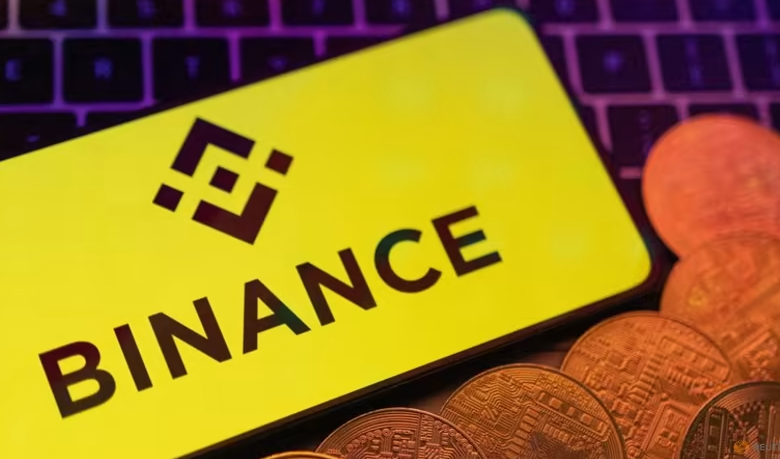HONG KONG — Most Asian stocks rose on Monday as the head of the Federal Reserve reassured investors by saying the central bank will “proceed carefully” with interest rate hikes. The Japanese Nikkei 225 index rose by 1.8% during the day, closing at 32,195.91. The S&P/ASX 200 in Australia increased by 0.6%, closing at 7,159.80, following retail sales data showed a 0.5% increase, which was better than predicted. The Kospi in South Korea gained 0.8%, closing at 2,538.67. Both the Hang Seng in Hong Kong (+1.3%) and the Shanghai Composite (+1.3%) were on the rise today.
According to Tim Waterer, chief market analyst at KCM Trade, “the muted reaction of treasury yields to the rhetoric from Jackson Hole shows that US Federal Reserve chairman Jerome Powell probably hit the right tone” in terms of keeping further policy tightening on the table while at the same time not rattling market confidence. The S&P 500 index rose 29.40 points, or 0.7%, to 4,405.71, marking Wall Street’s first weekly gain since July. Throughout the day, the index had fluctuated between tiny gains and losses. With a gain of 247.48 points (0.7%), the Dow Jones Industrial Average reached 34,348.90, while the Nasdaq composite increased 126.67 points (0.9%) to 13,590.65.
Powell announced in a widely anticipated speech on Friday that the Federal Reserve will use recent inflation and economic statistics to inform future interest rate decisions. Although inflation has decreased from its peak, he warned that it is still too high and that the Fed may raise interest rates again if necessary. Some people were hoping Powell would announce that the Fed was finished raising interest rates. Inflation can be tamed by increasing interest rates, but only at the expense of economic growth and investment returns. Still, Powell was careful to note that he understands the risks of raising interest rates too quickly and causing “unnecessary harm to the economy.” Overall, observers thought there wasn’t much of a departure from Powell’s previous statements.
The Federal Reserve has already increased its benchmark interest rate to its highest level since 2001 in an effort to dampen soaring inflation. In comparison to early last year, that was a significant increase. The manufacturing sector has contracted and three prominent U.S. banks have failed as a direct result of the significantly higher rates. They have also contributed to lowering inflation, however ongoing concerns about price increases have been exacerbated by a series of economic reports that have been better than predicted. This may cause the Fed to maintain its current rate structure for a longer period of time.
The yield on the 10-year Treasury rose to a new high this week, the highest since 2007. It fell somewhat from 4.24% late Thursday to 4.23% on Friday, but it is still significantly more than it was three years ago, when it was less than 0.70%. If a bond has a high yield, it means the interest it pays its holders is high. Stocks and other assets with greater price volatility than bonds are less appealing to investors as a result. Large technology companies and other high-growth stocks are especially vulnerable to this trend.
The yield on the two-year Treasury note, which is more indicative of market participants’ Fed forecasts, increased to 5.07% on Friday from 5.02% on Thursday night. More than half of investors believe the Federal Reserve will raise its benchmark interest rate again this year. CME Group reports that this is a significant increase over the previous week. In the oil market, the price of a barrel of U.S. crude rose 18 cents, to $80.01. International benchmark Brent crude increased by 10 cents, reaching $84.58 a barrel. In foreign exchange markets, the value of one U.S. dollar decreased to 146.38 Japanese JPY from 146.40 yen. Euro exchange rates increased to $1.0819 from $1.0798.
